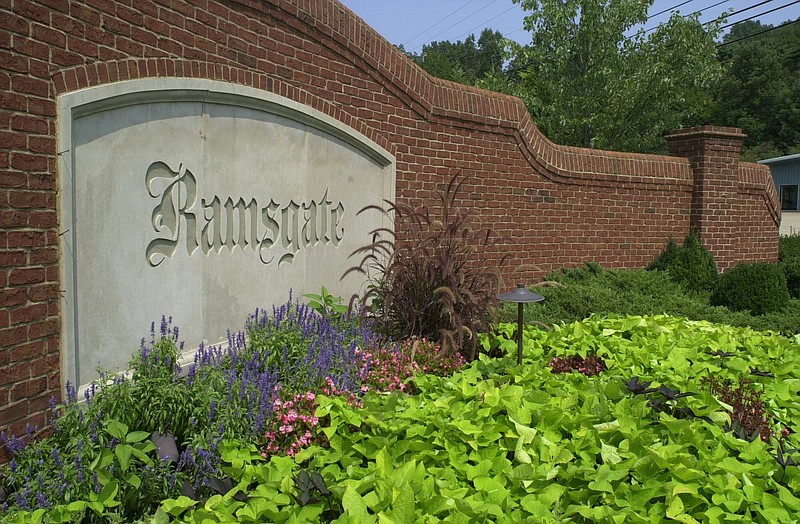Local residents annexed without their consent into Chattanooga after 1999 are one step closer to getting a chance to secede from the city. Before adjourning for the year, the Tennessee Senate passed state Sen. Bo Watson's municipal de-annexation bill, which applies to cities and residents statewide.
State Rep. Mike Carter, R-Ooltewah, said he plans to next year introduce an amended House version of the bill that just cleared the Senate.
"I want to make sure it protects the cities as well as the citizens," Carter said. "It's a complex issue."
A previous version of the bill passed the House last year before dying on the Senate floor.

Carter said he's received a lot of feedback from constituents who are "very heartened" by the amended Senate bill's recent passage. While he said he hasn't heard from city officials regarding their reactions, he plans to discuss the issue with them before bringing his companion bill before the House.
The Senate bill, which passed 29-3, includes numerous amendments. Among them is a provision that opens the required de-annexation referendum to all registered voters in the city, as opposed to just those of the area requesting secession. A majority vote is needed for the referendum to pass.
Another amendment requires at least 20 percent of voters in annexed areas to petition the city for a referendum vote in the area's next general election, up from 10 percent.
Residents who succeed in seceding would still be responsible for taxes related to any internal improvements made by the city in their area while they were citizens of the city. For example, residents of annexed areas of Hixson and Big Ridge now served by the Chattanooga Fire Department's brand-new Station 11 - which was built, in part, to fulfill the city's plan of services for those annexed areas - would still be on the hook for taxes related to the station's $2 million cost.
Under the new bill, areas that are completely surrounded by the city cannot secede, avoiding so-called "doughnut holes."
Watson pointed out that the bill applies only to areas annexed by ordinance, not to areas annexed with residents' consent.
"It's designed to address those areas aggressively annexed by cities where people have no voice," he said, adding that the main cities he sees it applying to are Memphis, Cornersville, Kingsport and Chattanooga.
Watson said he has received varying reactions to the bill. Most citizens agree that people should have the right to choose their government, while city officials argue cities have the right to grow, he said. Some Hamilton County officials aren't necessarily pleased with amendments made to the bill, Watson said, adding that he's interested to see what will happen with the companion bill in the Tennessee House of Representatives.
"I think there should be a high bar set to be de-annexed from a city," said Watson, adding that he believes the recently approved Senate bill sets the bar high. "Citizens would have to be really motivated in order to de-annex."
Jim Chastain, president of the homeowner's association of Hixson's Ramsgate subdivision, which was annexed by Chattanooga in 2012 despite the years he and other residents spent fighting it, said he is disappointed with the amendment that allows all city residents to vote on de-annexation referendums, adding that it substantially reduces the chance that such a referendum would pass.
"My hope is that when it comes up in the House bill next year that Rep. Carter is able to keep this [amendment] out of the House bill," he said. "Other than the amendment to actually require the whole city to vote, or give them the opportunity, which I think is ridiculous, the rest of the amendments are really quite reasonable and what we were prepared to work with."
A part of the Senate legislation that Watson said is often overlooked is a change to the current law involving the maintenance of roads in annexed areas. Currently, a city can de-annex a road that's in an area annexed by the city, leaving maintenance of the road to the county. Under his approved bill, if a city has de-annexed a road in an annexed area, the city must re-annex the road, or a portion of the state-shared sales tax previously allotted to the city will be transferred to the county for maintenance of the road.
"It's an important component for maintaining infrastructure," Watson said.
Staff writers Andy Sher and Myron Madden contributed to this story.
